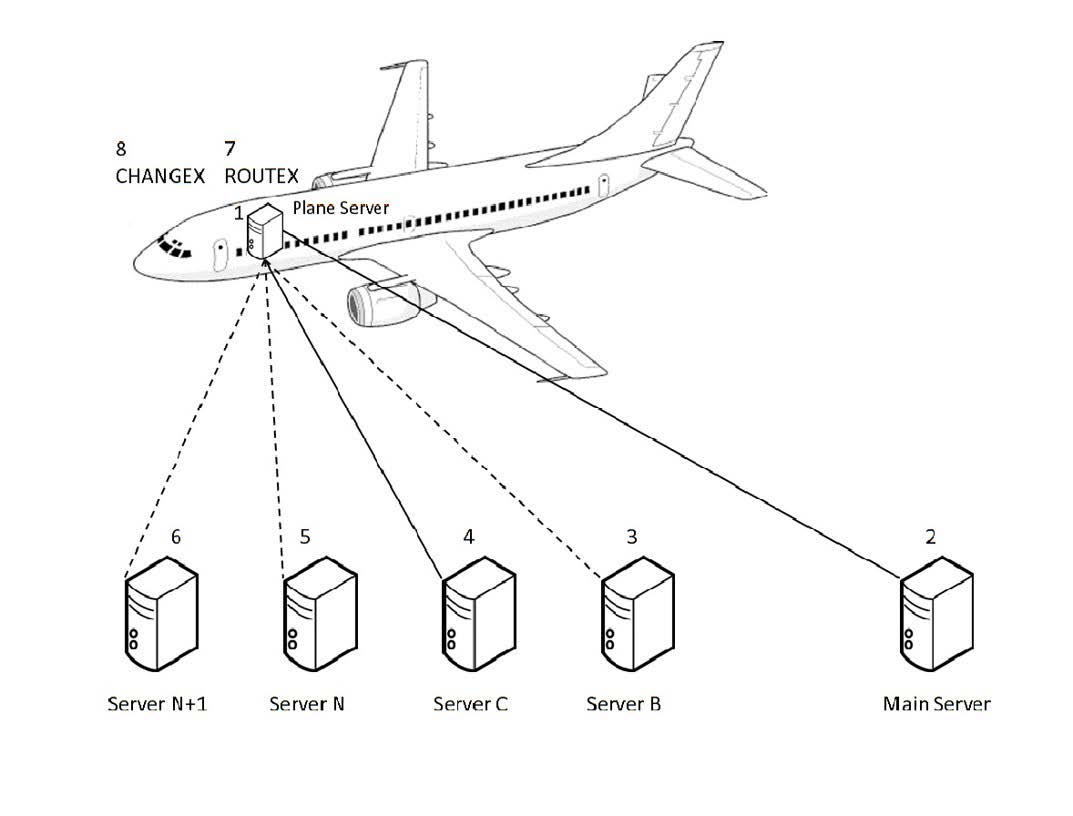 SETH MICHAEL MEYER
SETH MICHAEL MEYER
Special to The Leader
Fredonia professor Junaid Ahmed Zubairi of the College of Arts and Sciences has recently been approved for a patent that will change the way researchers recover data from crashed airplanes and can also prevent airplane catastrophes.
Say goodbye to multi-million dollar searches for black boxes, and say hello to the Flight Data Tracker, developed by Zubairi, a professor at the University since 1999.
The archaic function of black box technology is to monitor the systems of the plane and store that data.
“We have the black box that records all the vital flight data,” said Zubairi. The problem is that data is not stored anywhere except on the plane, and “all that data is lost when the plane crashes.”
Zubairi’s technology, as he says, is “a simple concept.” The Flight Data Tracker records the vital data, or parameters, of the airplane then sends that data to a server to be saved for post-flight analysis.
“I took a selfie during flight and sent it to my family,” Zubairi recalls, “so if that can happen, why can’t I send the data to the ground in real time.”
It may seem as simple as taking a selfie, but a lot of work goes into the design of the Flight Data Tracker to make it organized, failsafe and affordable.
To make this work, Zubairi established the concept of three types of servers: the main, plane and data servers.
The main server is located at the airport, where the tracked plane is departing from. While in the air, the plane server sends “packets” of information to data servers, located at airports nearby, and that data is relayed backed to the main server where it is stored.
Zubairi believes his concept is not only superior, but more affordable compared to similar technology. He makes it fiscally efficient to operate by using radio communication to transmit data, rather than pricey satellite communications.
Compared to other concepts, the Flight Data Tracker is also failsafe.
“In my scheme, I have a distributed mechanism in which several servers are getting the data,” said Zubairi. This crucial design allows the system to continue despite any flaws in one of the servers.
When asked about his inspiration in making the Flight Data Tracker, Zubairi says, “I am inspired by the quote, ‘Whoever saves one life, it is written as if he has saved all humanity,’ from Holy Quran and Old Testament.”
“It’s exciting,” said Virginia Horvath, the president of the university, “in the case of air disasters, to be able to review that, and not have to search . . . for a black box makes a lot of sense.”
Now that Zubairi has been approved of his patent, Horvath hopes that a manufacturing company will adopt the design and start implementing this life-saving technology.
